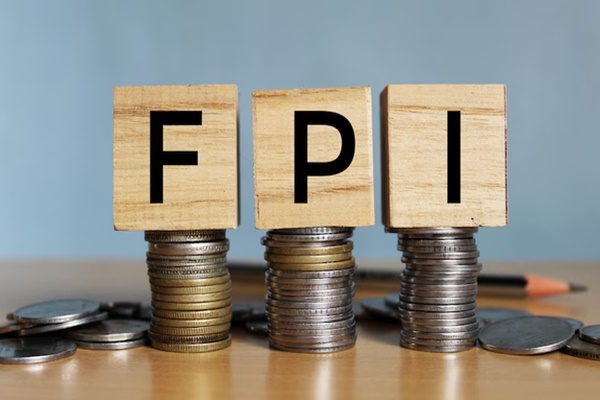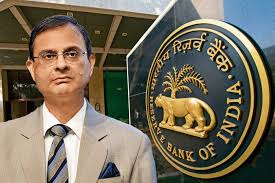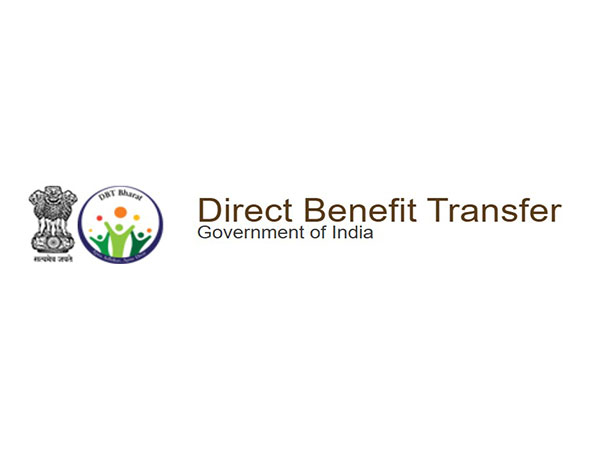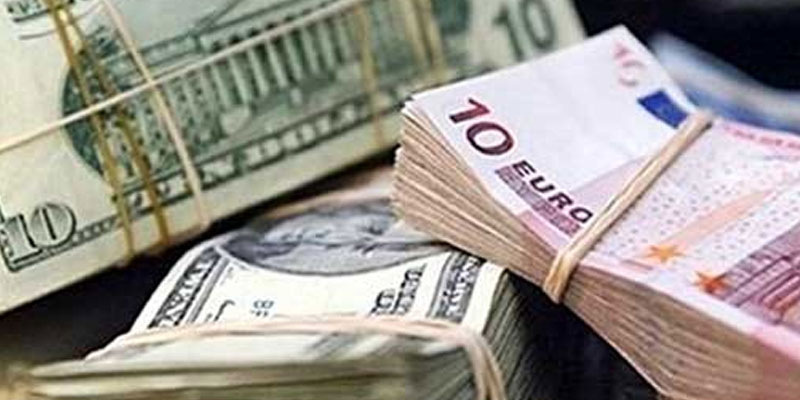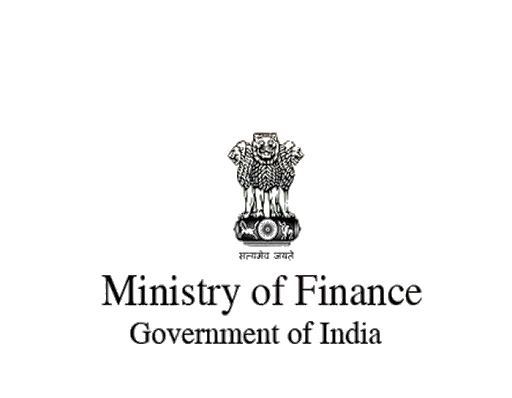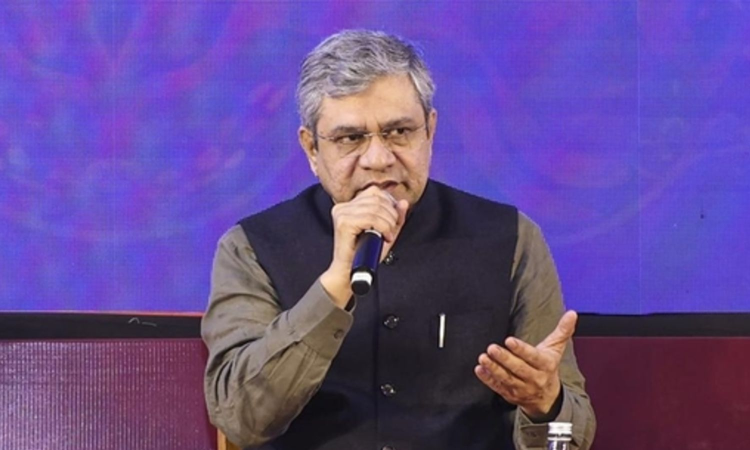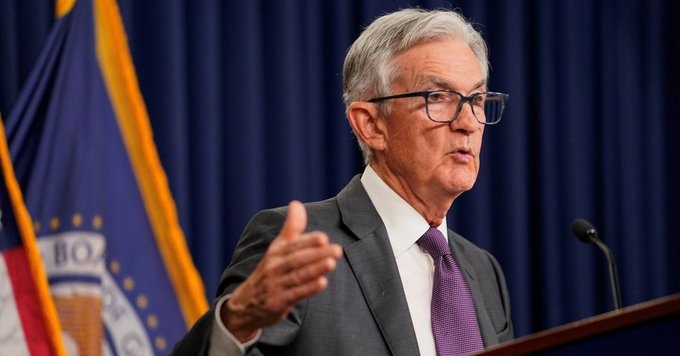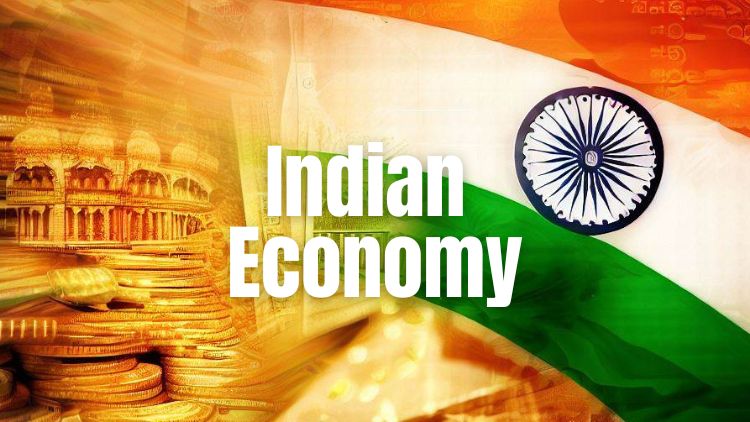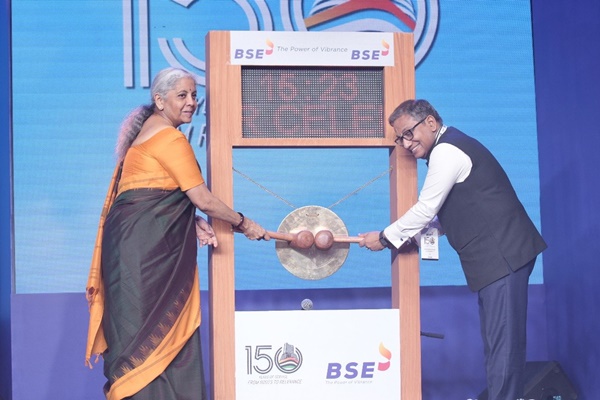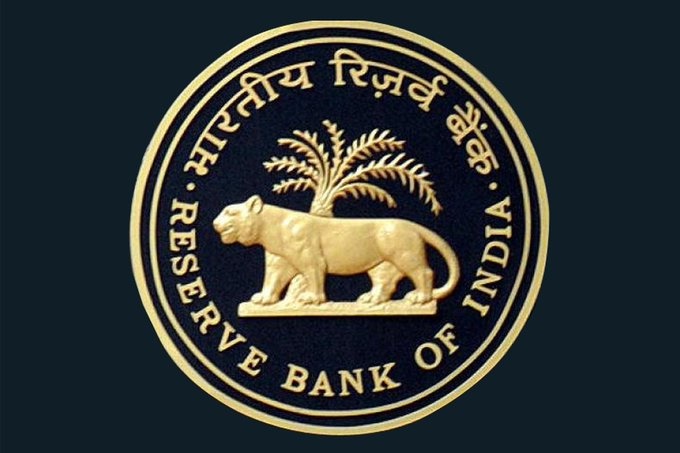Uber concealed hack that exposed 57 million people's data
Wed 22 Nov 2017, 15:29:59
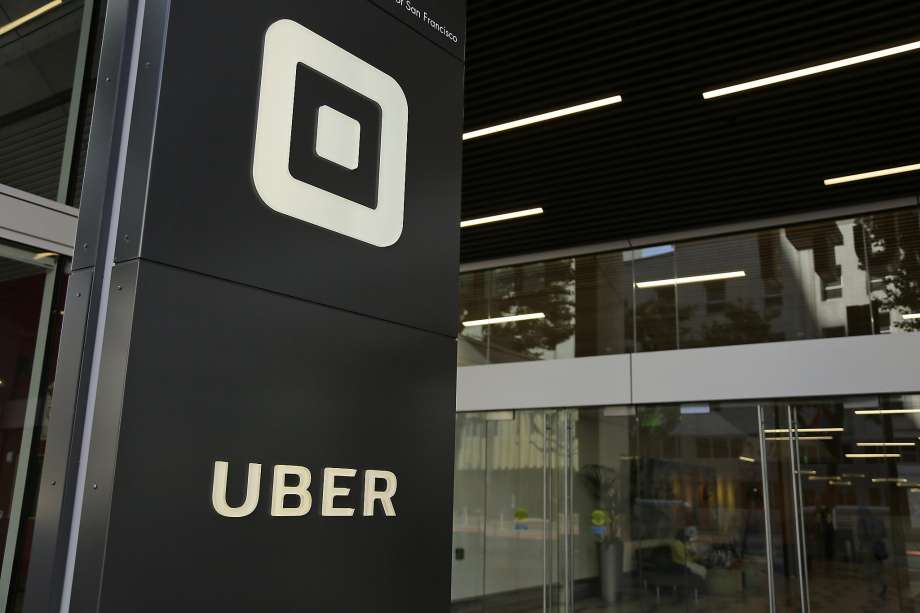
Hackers stole the personal data of 57 million customers and drivers from Uber Technologies Inc., a massive breach that the company concealed for more than a year. This week, the ride-hailing firm ousted its chief security officer and one of his deputies for their roles in keeping the hack under wraps, which included a $100,000 payment to the attackers.
Compromised data from the October 2016 attack included names, email addresses and phone numbers of 50 million Uber riders around the world, the company told Bloomberg on Tuesday. The personal information of about 7 million drivers was accessed as well, including some 600,000 US drivers' licence numbers. No social security numbers, credit card information, trip location details or other data were taken, Uber said.
At the time of the incident, Uber was negotiating with US regulators investigating separate claims of privacy violations. Uber now says it had a legal obligation to report the hack to regulators and to drivers whose licence numbers were taken. Instead, the company paid hackers to delete the data and keep the breach quiet. Uber said it believes the information was never used but declined to disclose the identities of the attackers.
"None of this should have happened, and I will not make excuses for it," Dara Khosrowshahi, who took over as chief executive officer in September, said in an emailed statement. "We are changing the way we do business."
After Uber's disclosure Tuesday, New York Attorney General Eric Schneiderman launched an investigation into the hack, his spokeswoman Amy Spitalnick said. The company was also sued for negligence over the breach, and the case is seeking class-action status.
Hackers have successfully infiltrated numerous companies in recent years. The Uber breach, while large, is dwarfed by those at Yahoo, MySpace, Target Corp., Anthem Inc. and Equifax Inc. What's more alarming are the extreme measures Uber took to hide the attack. The breach is the latest scandal Khosrowshahi inherits from his predecessor, Travis Kalanick.
Kalanick, Uber's co-founder and former CEO, learned of the hack in November 2016, a month after it took place, the company said. Uber had just settled a lawsuit with the New York attorney general over data security disclosures and was in the process of negotiating with the Federal Trade Commission over the handling of consumer data. Kalanick declined to comment on the hack.
Joe Sullivan, the outgoing security chief, spearheaded the response to the hack last year, a spokesman told Bloomberg. Sullivan, a one-time federal prosecutor who joined Uber in 2015 from Facebook Inc., has been at the center of much of the decision-making that has
come back to bite Uber this year. Bloomberg reported last month that the board commissioned an investigation into the activities of Sullivan's security team. This project, conducted by an outside law firm, discovered the hack and the failure to disclose, Uber said.
come back to bite Uber this year. Bloomberg reported last month that the board commissioned an investigation into the activities of Sullivan's security team. This project, conducted by an outside law firm, discovered the hack and the failure to disclose, Uber said.
Here's how the hack went down: Two attackers accessed a private GitHub coding site used by Uber software engineers and then used login credentials they obtained there to access data stored on an Amazon Web Services account that handled computing tasks for the company. From there, the hackers discovered an archive of rider and driver information. Later, they emailed Uber asking for money, according to the company.
A patchwork of state and federal laws require companies to alert people and government agencies when sensitive data breaches occur. Uber said it was obligated to report the hack of driver's licence information and failed to do so.
"At the time of the incident, we took immediate steps to secure the data and shut down further unauthorized access by the individuals," Khosrowshahi said. "We also implemented security measures to restrict access to and strengthen controls on our cloud-based storage accounts."
Uber has earned a reputation for flouting regulations in areas where it has operated since its founding in 2009. The US has opened at least five criminal probes into possible bribes, illicit software, questionable pricing schemes and theft of a competitor's intellectual property, people familiar with the matters have said. The San Francisco-based company also faces dozens of civil suits. London and other governments have taken steps toward banning the service, citing what they say is reckless behaviour by Uber.
In January 2016, the New York attorney general fined Uber $20,000 for failing to promptly disclose an earlier data breach in 2014. After last year's cyberattack, the company was negotiating with the FTC on a privacy settlement even as it haggled with the hackers on containing the breach, Uber said. The company finally agreed to the FTC settlement three months ago, without admitting wrongdoing and before telling the agency about last year's attack.
The new CEO said his goal is to change Uber's ways. Uber said it informed New York's attorney general and the FTC about the October 2016 hack for the first time on Tuesday. Khosrowshahi asked for the resignation of Sullivan and fired Craig Clark, a senior lawyer who reported to Sullivan. The men didn't immediately respond to requests for comment.
Khosrowshahi said in his emailed statement: "While I can't erase the past, I can commit on behalf of every Uber employee that we will learn from our mistakes."
No Comments For This Post, Be first to write a Comment.
Most viewed from Business
AIMIM News
Latest Urdu News
Most Viewed
May 26, 2020
Do you think Canada-India relations will improve under New PM Mark Carney?
Latest Videos View All
Like Us
Home
About Us
Advertise With Us
All Polls
Epaper Archives
Privacy Policy
Contact Us
Download Etemaad App
© 2025 Etemaad Daily News, All Rights Reserved.

